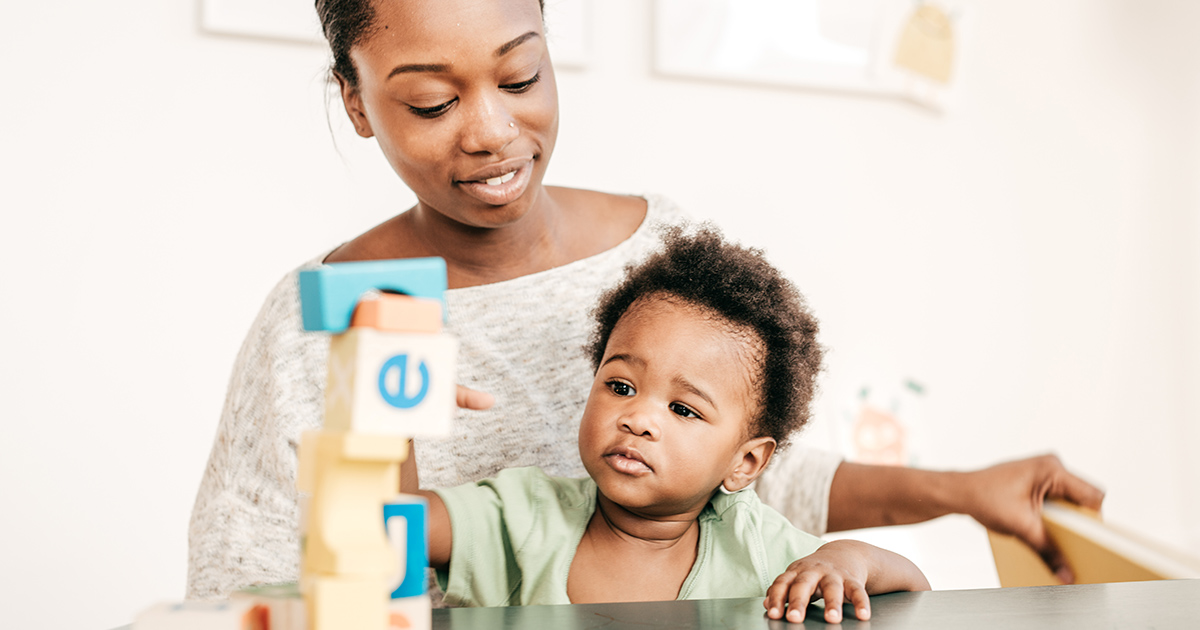For decades, researchers have filled volumes studying and analyzing the effects of divorce on children. One thing most people agree on: There's no perfect time to tell your kids that you're splitting up. When you do talk to them, they may feel incredibly hurt or confused, respond angrily, ask a lot of questions or even blame themselves to some degree. All of which is totally understandable.
It’s a lot to process, even for adults. But kids are perceptive. So rather than whispering about divorce around them, actually talking to your kids can make all the difference. Use these following steps to soften the blow, give them ways to cope and help them understand what will happen next.
Step 1: Understand the impact — how divorce affects children
Studies examining the children of divorce have found that most suffer a sense of loss and that the feelings can manifest in many different ways, depending on the children's ages and unique personalities, as well as on how the parents handle the divorce. Children have no option in divorce and may feel completely out of control. So when children experience such distress, they may display regressive or aggressive behavior.
Younger children may regress in areas such as sleeping and toilet training or throw more tantrums. School-age and teenage children of divorced parents may show symptoms of depression, rebel against discipline or change their eating and sleeping habits.
As a parent, you can take a proactive and empathetic role in easing your children's pain by addressing any negative feelings or behaviors — and by giving them ways to express their thoughts and frustrations.
Step 2: How to tell your child you're getting a divorce
There’s never a great time or surefire way to deliver your plans to divorce with kids. Consider the following approaches and how they could help your child comprehend — and eventually accept — this critical change in your family dynamic:
- Present a unified front. Agree with your spouse (as much as you can) in advance on what you'll tell the kids — and stick to it. Tell them together, if possible.
- Tell the truth. You owe it to your kids to keep it real. At the same time, your conversation should be kid-friendly for tender ears (younger kids don't need as much detail). No matter what, avoid overly lengthy explanations. Pick something simple and honest, like "We can't get along anymore."
- Remind them you love them. It's a simple but powerful message. Most of all, reassure them that this has nothing to do with them.
- Address changes. Be upfront. Tell them what might be changing (living arrangements, daily schedules and upcoming plans) and reassure them about the things that won’t change.
- Avoid the blame game. There's a fine line between being honest and critical about your spouse. Keep it diplomatic for the sake of your kids. Any issues going on between you and your spouse should not be played out in front of your kids.
- Don't forget to listen. Divorce can feel like a loss to a child. Help them grieve by encouraging them to share their sadness or frustration. Although you may not be able to fix it, inspire trust by simply showing you understand. Let them know you’ll make time to discuss anything and listen to them as much as possible.
Step 3: Help them cope
The single most important way that parents can help their kids during a divorce is to have a cooperative relationship and keep conflicts to a minimum. Especially if your kids are still young, it's important to reassure them repeatedly that you both love them, that the divorce was not their fault and that they will always have two parents. It's also crucial to provide your kids with the practical information they'll want to know, like who will be driving them to school and where they will sleep.
To provide them with the assurances they need, you will have to be a model of maturity, which may take a lot of work and restraint. Here are some tips on how to do this:
- Process, don't vent. You don't have to hide the fact that you are stressed or that the divorce brings up difficult feelings for you. It's fine to talk about those things in general ways, without burdening the kids with the details. In fact, airing some of these feelings and encouraging the children to reciprocate by sharing their own feelings may help them lose some of the fear and anger they may harbor about the divorce.
Even years after the divorce, make sure you are available to listen to your kids express their feelings whenever they want to talk. As they grow and develop, they may have questions, need new information or want to express differing perspectives. Depending on their ages and personalities, you may need to encourage them to continue talking about their feelings regarding the divorce.
- Keep children out of the middle. If the children are teens or even adults when you divorce, be especially careful not to drag them into the fray by confiding too many details or enlisting them as negotiators in your divorce. Be sure to address any nagging issues directly with your ex-spouse — either alone or with the help of a mediator — rather than using the kids as messengers or sounding boards.
- Keep free of venom. Don't express bitterness toward your ex — and don't in any way imply that your former spouse isn't a good parent or that your kids are wrong to want a relationship with their other parent. Instead, continue to support and foster their relationship in every way you can so that the kids can be free of guilt and ambivalence.
- Establish new traditions. Remember that it isn't only young children who may feel a sense of loss, especially around holidays and special times. Many adult children become angry and confused about losing family rituals (even if they once groused about them). Be flexible in establishing new traditions, especially around holidays and celebrations of special events, such as birthdays.
- Be vigilant. Divorce is stressful for kids of any age. Even if your child has generally had a positive spin on things, keep an eye out for rough patches. Arrange for counseling or encourage your children to seek help if you see serious signs of emotional fragility.
If your children are young
If you have young children, your post-separation parenting will involve coordination and cooperation. It's a good idea to anticipate issues by spelling out guidelines and ground rules in a written parenting plan that goes beyond the cursory custody terms that might have been spelled out in a divorce agreement.
If your children are adults
Adult “kids” are still children of divorce, and even they sometimes face thorny emotional issues when their parents split, particularly concerning the changed relationship they will have with each parent. Just like younger kids, adult children often go through a sort of grieving process when their parents divorce — complete with anger, confusion and despair.



